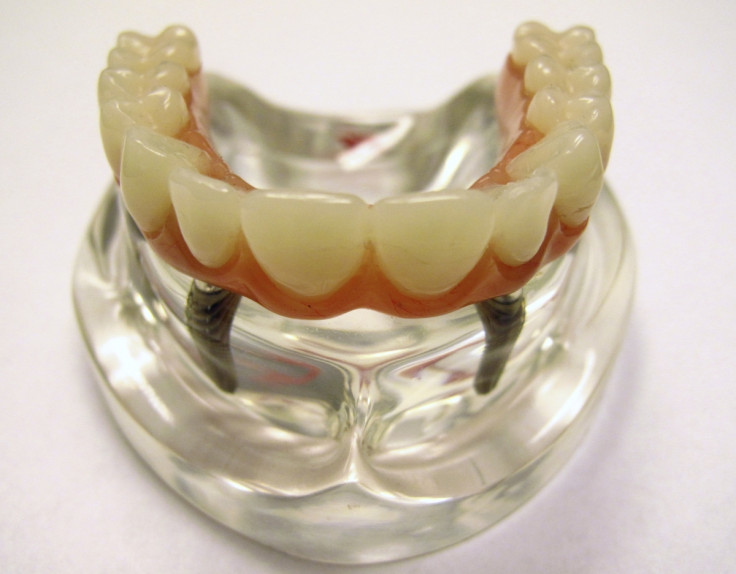Earliest Evidence of Tooth Decay in Humans Found in 15,000-Year-Old Skeletons

Scientists have found earliest evidence of dental caries in the skeletal remains of hunter gatherers in Morocco.
Dental caries is an infectious disease that causes tooth decay.
The report published in the latest edition of the journal PNAS suggests that the individuals with rotten teeth were consuming high carbohydrate diet, including wild plant foods.
"We present early evidence linking a high prevalence of caries to a reliance on highly cariogenic wild plant foods in Pleistocene hunter-gatherers from North Africa," the researchers said in the report.
The find opposes the common assumptions that high rates of tooth decay are indicative of agricultural societies.
"The transition from hunting and gathering to food production is associated with a change in the composition of the oral microbiota and broadly coincides with the estimated timing of a demographic expansion in Streptococcus mutans, a causative agent of human dental caries," the researchers added.
Scientists found the evidence of dental caries in the archaeological deposits at Grotte des Pigeons or the Taforalt Caves in Morocco. The caves were extensively inhabited during the Middle Stone Age and Later Stone Age. Numerous human burials in the caves represent the earliest known cemetery in the region.
Researchers studied skeletons that covered a period from 13,700 years to 15,000 years ago and found evidence for systematic harvesting and processing of edible wild plants, including acorns and pine nuts.
Further oral analysis of the remains revealed an "exceptionally high" prevalence (51.2%) of tooth infection in the skeletons as compared to modern populations that consume a diet high in refined sugars and processed cereals.
"We infer that increased reliance on wild plants rich in fermentable carbohydrates and changes in food processing caused an early shift toward a disease-associated oral microbiota in this population," the researchers concluded.
© Copyright IBTimes 2024. All rights reserved.





